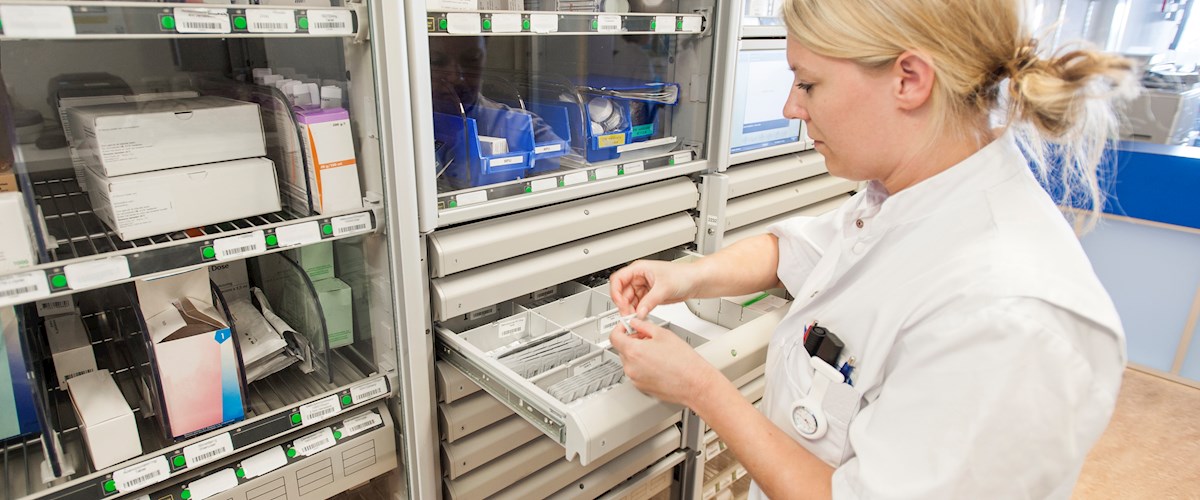Wed 25 June 2025
AdPha welcomes ACT's record health boost
Advanced Pharmacy Australia (AdPha) has welcomed the ACT Government’s record $1.19 billion investment in health, announced in the 2025–26 Budget, as a strong step towards ensuring more Canberrans have access to timely, high-quality care.
AdPha commends Chief Minister Andrew Barr and his government for prioritising the patient experience, particularly through a $23 million investment in optimising patient flow across the hospital system—from acute to subacute and maintenance care.
However, AdPha President Tom Simpson FANZCAP (Lead&Mgmt) says these initiatives will only be enhanced with adequate pharmacy workforce investment and greater adoption of collaborative care models like Partnered Pharmacist Medication Charting (PPMC).
‘Pharmacists are central to safe, efficient transitions of care—but right now ACT hospitals are experiencing critical workforce shortages.
‘PPMC is already highly valued across Canberra’s health services. Its expansion to assist more patients, more doctors and more nurses is only being held back by resourcing, not by demand or clinical value.’
Mr Simpson says while investment in hospital infrastructure—including early works for the new Northside Hospital, the Canberra Hospital Master Plan, and the Inner South Health Centre—is vital, it must be matched by requisite pharmacy workforce investment under the ACT Health Workforce Strategy 2023-2032 Action Plan 1: 2025–2026, including AdPha’s Resident Training Program which supports Priority 6 Rewarding Careers.
‘The ACT Health workforce is already operating at full capacity.
‘As new clinical services open—including emergency and intensive care units — we must ensure they’re staffed appropriately to provide safe, effective care.
‘This is best supported by ensuring a steady and sustainable workforce pipeline with rewarding and enticing entry pathways for pharmacists into ACT hospitals which is exactly what AdPha’s Resident Training Program delivers.
‘With 40 pharmacists in the ACT either having completed or currently undertaking our Resident Training Program, there is clear momentum to build on. Expanding this program will require additional investment in training positions, including clinical educator pharmacists—often the rate-limiting factor for education, development, and specialisation opportunities within ACT Health.’
While Mr Simpson welcomed progress on a new National Health Reform Agreement and an updated ACT–NSW cross-border agreement to address ongoing service and funding imbalances, he warned access to PBS medicines remains unequal in these jurisdictions.
‘A fairer ACT–NSW agreement is essential. It will help ensure ACT residents aren’t disadvantaged by cross-border demand that stretches local services without adequate funding.
‘However, real equity won’t be achieved until the ACT becomes a signatory to the Pharmaceutical Reform Agreements (PRA).
‘Patients in NSW and ACT are still missing out. Without action on PRAs, they remain unable to leave hospital with the PBS medicines they need – unlike patients in other states.
‘We continue to call for reforms that will allow people in NSW and ACT to be discharged with appropriate medicines in hand, without the added burden of chasing urgent GP appointments.’


